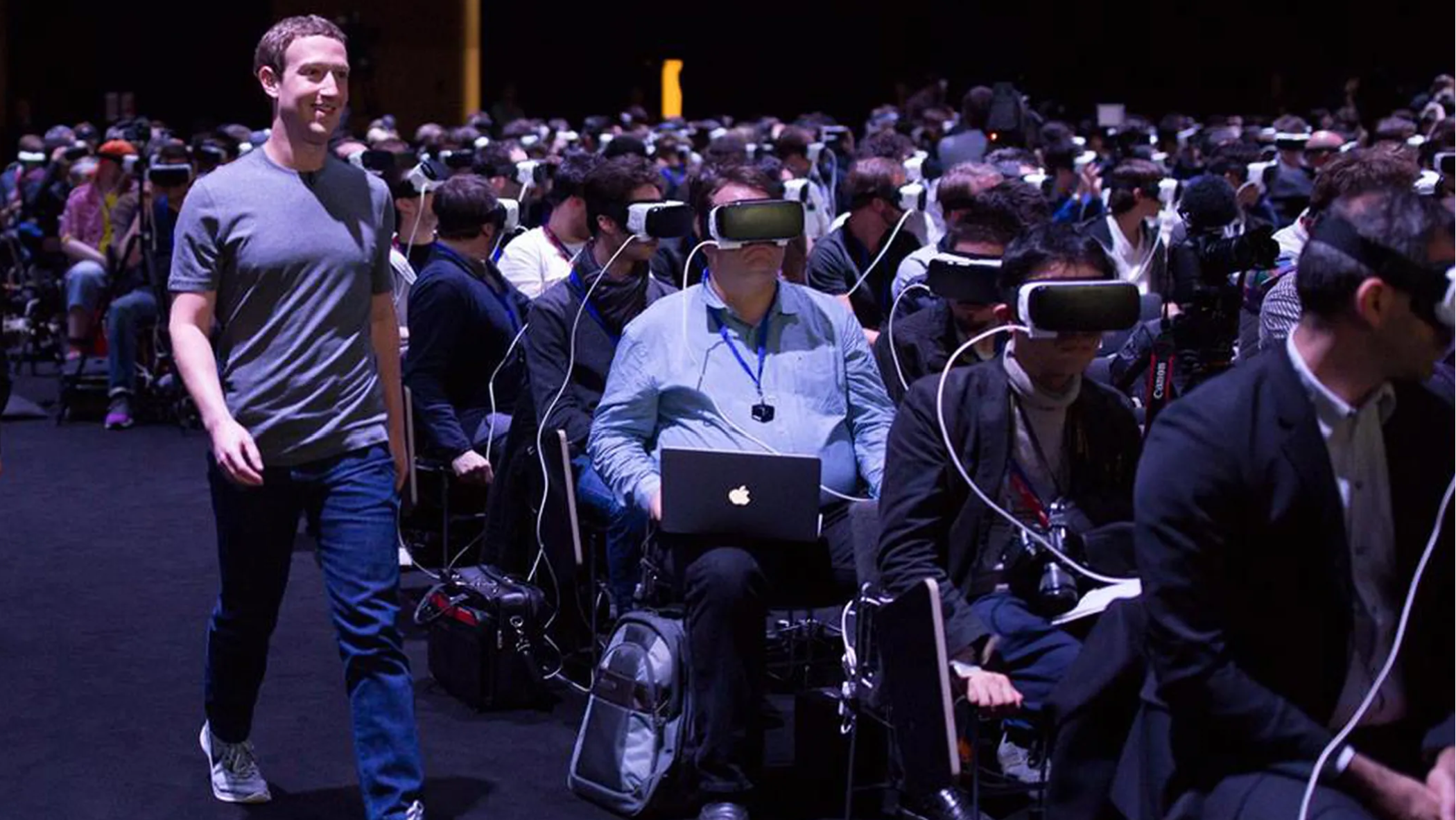The metaverse is a bust… for now, advertisers say
In 2022, the metaverse was just around the corner.
Kantar’s Media Reactions survey showed that 61 per cent of marketers claimed they would increase spend in the metaverse in 2023.

"*" indicates required fields
Sign up to our free daily update to get the latest in media and marketing.

Thanks for the article. The metaverse, as envisioned in Ready Player One is a long-way off, and perhaps Meta will eventually lead us closer to that. However, as Rodrigues points out, gaming is that space right now. It’s largely untapped for brands… Forget 20 million Meta Quest headsets. How about 140 million Minecraft players.
Surely this cannot be a surprise to anyone? It’s a half baked solution looking for a problem